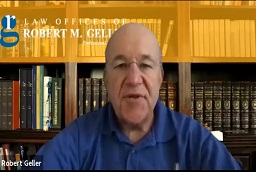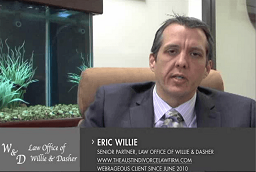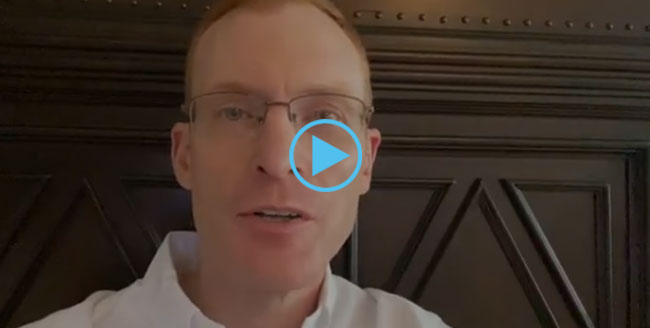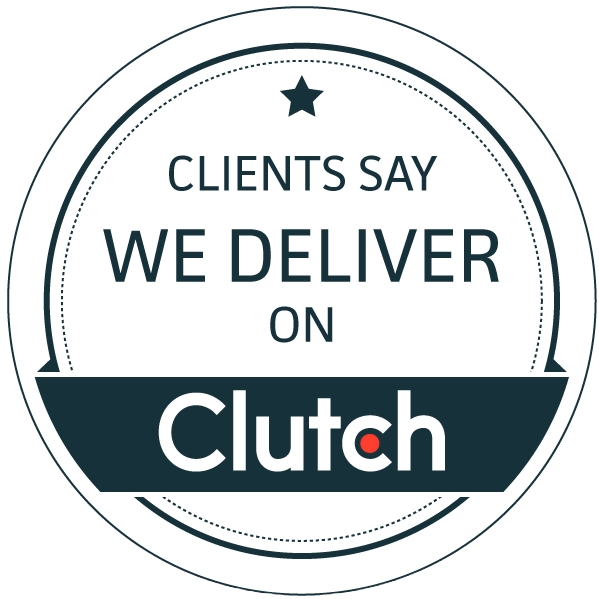Nowadays, people don’t wait for an ad on the t.v., look at the publicity on magazines or use the yellow pages in order to find the solution to a problem they have or to buy something they need or want. They go online, and mostly, to Google. They ask Google anything, and Google always (or almost always) has the answer.
The search engine learns every day from the billions of searches people make. And the number of searches on mobile worldwide keeps on growing on a daily basis.
Google Ads makes it possible to position yourself in front of this unprecedented and unequaled potential audience of users who are actively looking for goods and services, via well designed and implemented Google Ads campaigns. You are not looking for clients anymore. They will find you when they need you.
When they are looking for a solution that you can provide by searching for it on Google, your ad will show, they will click on your ad, and some of them will get in touch with you or will buy from you. We can make them come to you meanwhile you use your precious time to grow your business.
Don’t take our word for it. Please have a look at what some of our clients have to say about us.
Search ad extensions, when used properly, have several benefits for you, your business, and your Google Ads campaigns. To start with, they give you the opportunity to showcase more information about your business and, as your ads take up more space on the search results, it likely gets you more clicks, and, therefore, increase your chances of receiving leads and/or sales. As the click through rate is one of the components of Google’s quality score, it can definitely help you show your ad more without having to spend more.
There are several ad extensions to choose from, and we can suggest which ones might be best suited for your business.
In short, they are. With a good strategy and if you know what you are doing. Not everyone knows how to set up and run a successful Google Ads campaign nor has the time to do it. It can be very time consuming to set up a great Google Ads campaign. It also needs to be taken care of, optimized, and someone needs to be on the lookout for opportunities for growth. And, as if this was not enough, Google keeps on changing the rules of the game somewhat often!
It takes years of experience, hard work and learning to know what works and what does not work, and to know Google Ads inside out. This does not end there, as you need to be up to date with all the news and changes Google implement.
We offer you the best tailor made strategy possible for your business, -which we will discuss with you before we start working- the time, the knowledge and experience you need to succeed online!
Check out our very happy reviews.
Yes. Anytime you want. Some of our clients turn their Google Ads campaigns off because they have more clients than they can handle at any given time.
The short answer is no. Your ads need a place online where your customers go after clicking on your ad on Google, and that is your landing page. Your landing page is like your office, or your physical store where your clients go to see you when they need you. It is the same with an online business.
However, you do not need a huge website full of features. The most important thing about your landing pages is that they are optimized for Google Ads and that they are relevant to your ads, you, and the services and/or products that you offer.
In our experience, it works really well. We have been doing Google Ads for over 15 years, we specialize in law firms nationwide, and our law firm clients are very happy with the results we deliver. If we weren’t good, we would be out of business!
You can hear and read what some of our happy clients say about us here and check our reviews at Clutch, an independent ratings and reviews company located in Washington, DC. Their website is committed to helping clients and B2B service providers around the world.
According to emarketer (https://www.emarketer.com/content/google-remains-most-popular-us-search-engine), the monthly share of digital searches in the US as of February 2021, was as follow: 26% for Bing and 61% for Google.
A 26% of searches is something to consider. Not only that, but the price per click, and therefore, of conversions, tends to be lower in Bing than in Google. Of course, you will probably not increase your traffic dramatically if you only use Bing advertising, but by using both, you can cover a very good percentage of digital searches in the US.
Absolutely! You can add a call extension to your ads, and voilà, they can call you right from your ad on their cell phones.
There are specific methods and tactics to improve your ROI.
In order to get a better ROI from your Google Ads campaigns, you have to analyze and optimize them at the keyword level, the ad level, the ad group level and the location level -if you have two or more locations you are targeting with Google Ads.
You need to know the most important data to check, and what to do with it. Google is a very transparent platform, and you can have access to a lot of data from your Google Ads account, that, for the inexperienced eye, can be overwhelming. However, a good tip is always to have a look at what is not working and either decrease its bid and/or pause it. You can also try to increase the bids of those elements -be it keyword, ad or location- that are working and follow up a few days later.
There are several things you can do in order to improve your Google Ads account. Firstly, your account needs to be well structured. Set up as many different campaigns and ad groups you need. A good tip is to group your keywords by topic.
Once your campaigns are running, you need to keep an eye on the search terms, as these give valuable information about what keywords are triggering your ads. If those keywords are relevant to you and are delivering good results, add or keep them on your Google Ads campaigns, and, if feasible, you can also add these to your landing page(s). If they are not relevant for you, add them as negative keywords to stop those searches from triggering your ads.
Another good tip is to check your ad strength. If there are too many “Poor” ads, you might consider improving them.
You can also dd ad extensions if you haven’t already, and also check our Best Google Ads Optimization For Declining Performance article.
If you feel like these might take you too much time from what really matters in your business and would like to work with dedicated experts to improve your Google Ads account and boost your conversion rate, don’t hesitate to get in touch with us for a free consultation!
It’s very simple. You just need to adjust your daily budget to what you would like to spend each day. If you are running your ads 24/7 and your budget is finished by midday, consider running your ads only during those times when you can actually pick up the phone or at those times when you get the most conversions.
If you are already getting great results, consider increasing your daily budget in order to show your ads during longer periods of time and increase your chances of getting more conversions.
The quickest and easiest way to decrease your cost per conversion is by pausing everything that is not working, be it keywords, ads, ad groups, and/or locations.
We also recommend you go through your search terms report and add every word that is not relevant to you as negative keywords. You will need to be careful with this, though, as you might add a good word as a negative keyword and stop it from showing on Google Ads. Before you add your negative keywords, it is good to make a list first, review it, and then add the terms that you really want to add.
You would also want to check your ad strength. Consider improving those which are “Average” or “Poor”. The better your ads, the better your ad rank, and the lees you will have to pay for each click on those ads.
Brainstorming longer tail keywords and check them on the Google Ads Keyword planner tool in order to see their average CPC (cost per click) may lead you to find a few gems to target.
You can also watch our more refined tactic to decrease your cost per conversion.
If you are not able to see your ads on Google, this might be because you have been searching for your keywords and never clicking on them in order not to spend your own money on these clicks. Google knows this, and thinks that your ads are not relevant to you, so it stops showing them -to you.
The best way to see your own ads is to go to the Google Ads Preview Tool and search for your keywords there. You will see how they look as well as their position.
They are different. Meanwhile Google Ads focuses on keywords to show your ads to those people who are actively looking for your products and/or services, Facebook Ads shows your ads based on the interest(s) of their users and the ways in which they behave online. Therefore, Google Ads is ideal for reaching users who have high purchase intent, meanwhile Facebook Ads is great for reaching users who do not know you and are not looking for you, but once they see your ad, they might be interested on the products or services you offer.
Consequently, if you are to decide on which marketing approach to use, you should do so depending on your goals. However, you don’t need to decide, as you can also use both. Nothing prevents you from doing it.
No, they are not. Google My Business is a free service from Google that enables any business to list their information (such as address, phone number, opening times and website) on Google Search and Google Maps. Google Ads, on the other hand, is a paid advertising platform, where businesses can advertise their businesses paying only for each click their ads receive.
Google Ads bidding works similarly to an auction. Every time a search is made in Google, the search engine will look among its advertisers for a keyword match. If Google finds that one or more advertisers are bidding on keywords that it thinks are relevant to that particular query, the auction begins, and all the advertisers that are bidding on such keywords participate on the auction.
From within all these participants, Google ignores the ones that are not obviously elegible -like those that target a different location. From the lesser left, Google chooses the ones with the highest Ad Rank to show: at the the top, the ad with the highest Ad Rank, the second position goes to the ad with the second highest ad rank, and so on.
The Ad Rank formula is as follows: Ad Rank = CPC Bid X Quality Score.
And your Quality Score is composed of these 3 key factors: your ad relevance, your landing page experience (for the user), and expected CTR (click-through rate).
It depends on what your goals are. Both marketing strategies are aimed at position your business on Google, so that people looking for your services and/or products can find you, contact you or buy from you.
We recommend using Google Ads if you need fast results and you don’t mind paying to achieve them. The main reason for this is that you can start seeing your ads on Google as soon as you launch your campaigns, therefore, you can start getting results rather quickly. Apart from this, via Google Ads you are able to gather huge amounts of data that will help you make more informed, better decisions regarding your business and growth.
On the other hand, SEO is a more long-term approach to rank in Google, which will serve you if your budget is tight and/or you can wait for results to show.
Please let us know how we can help you with your Google Ads account.



















